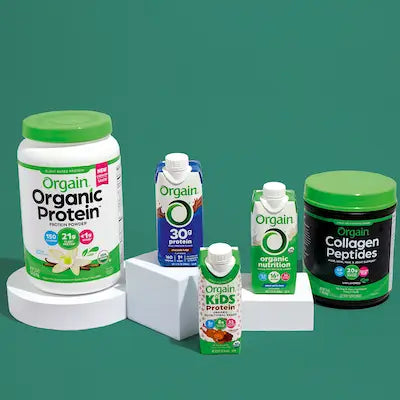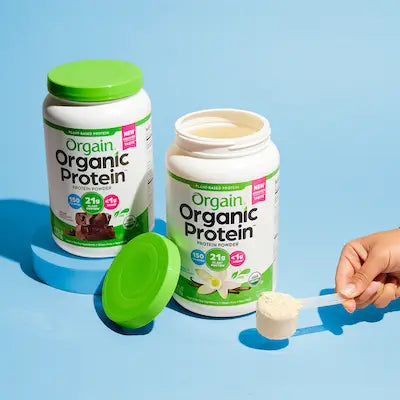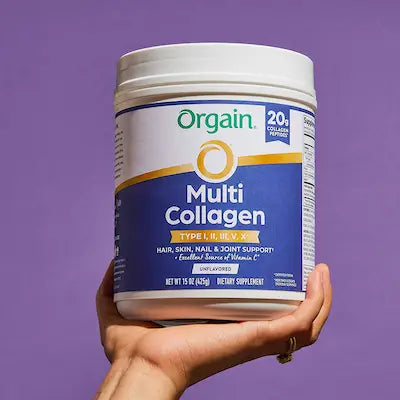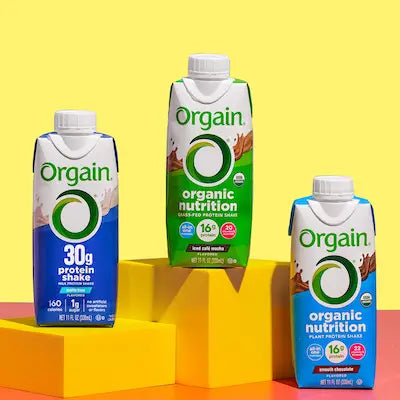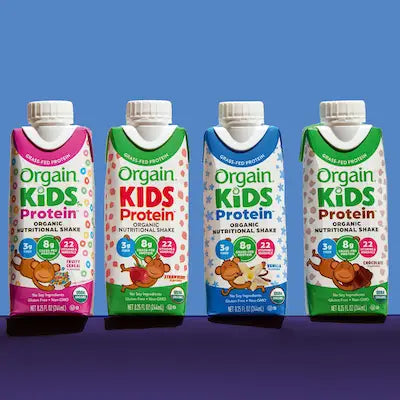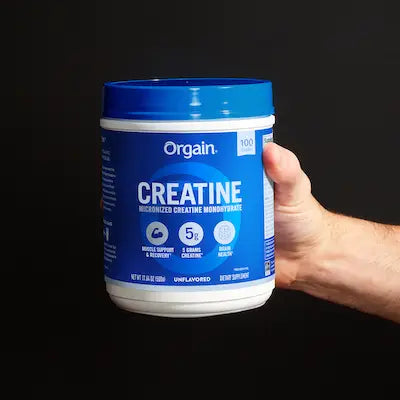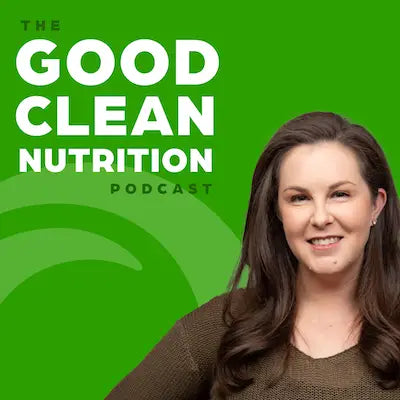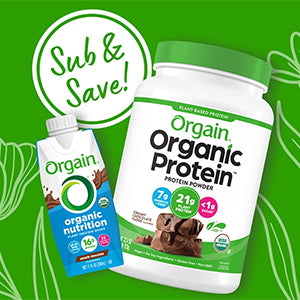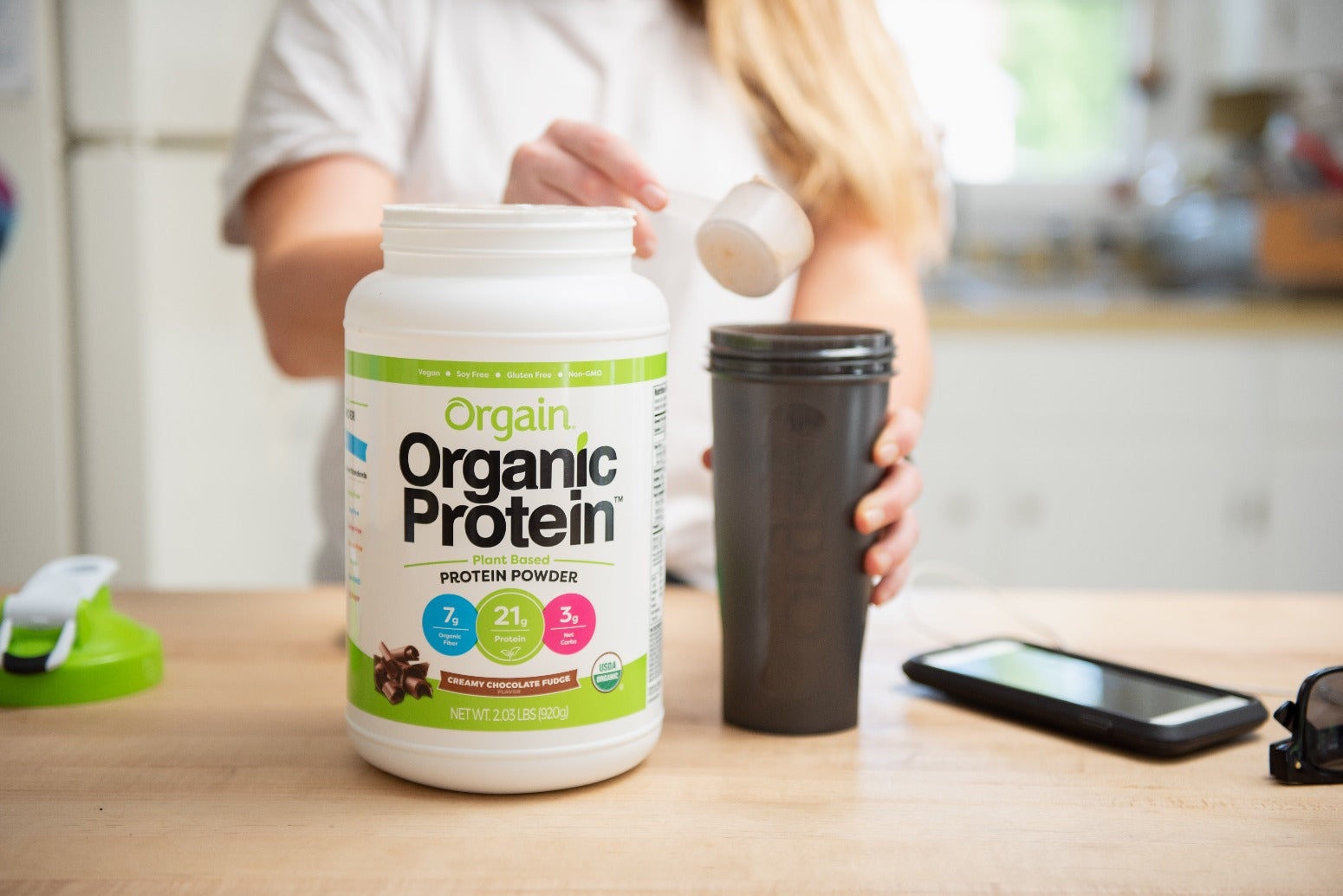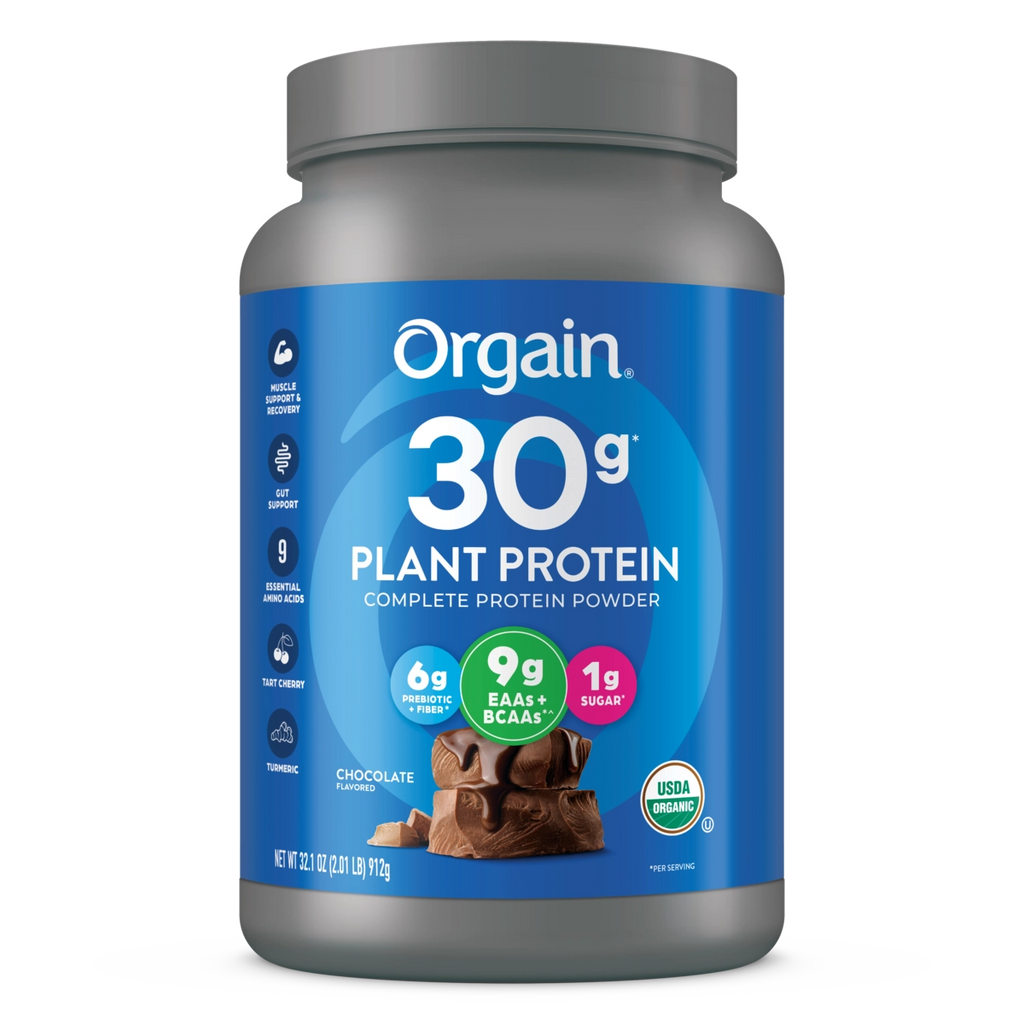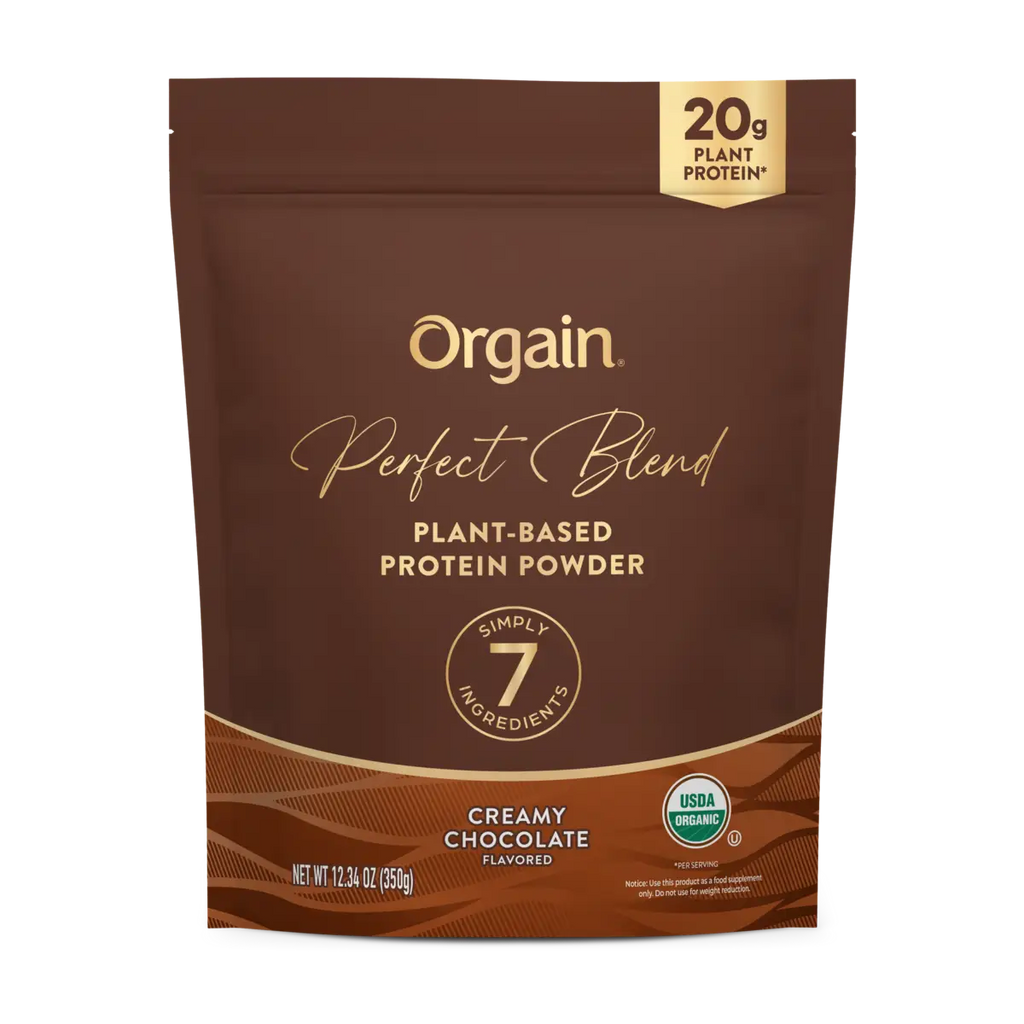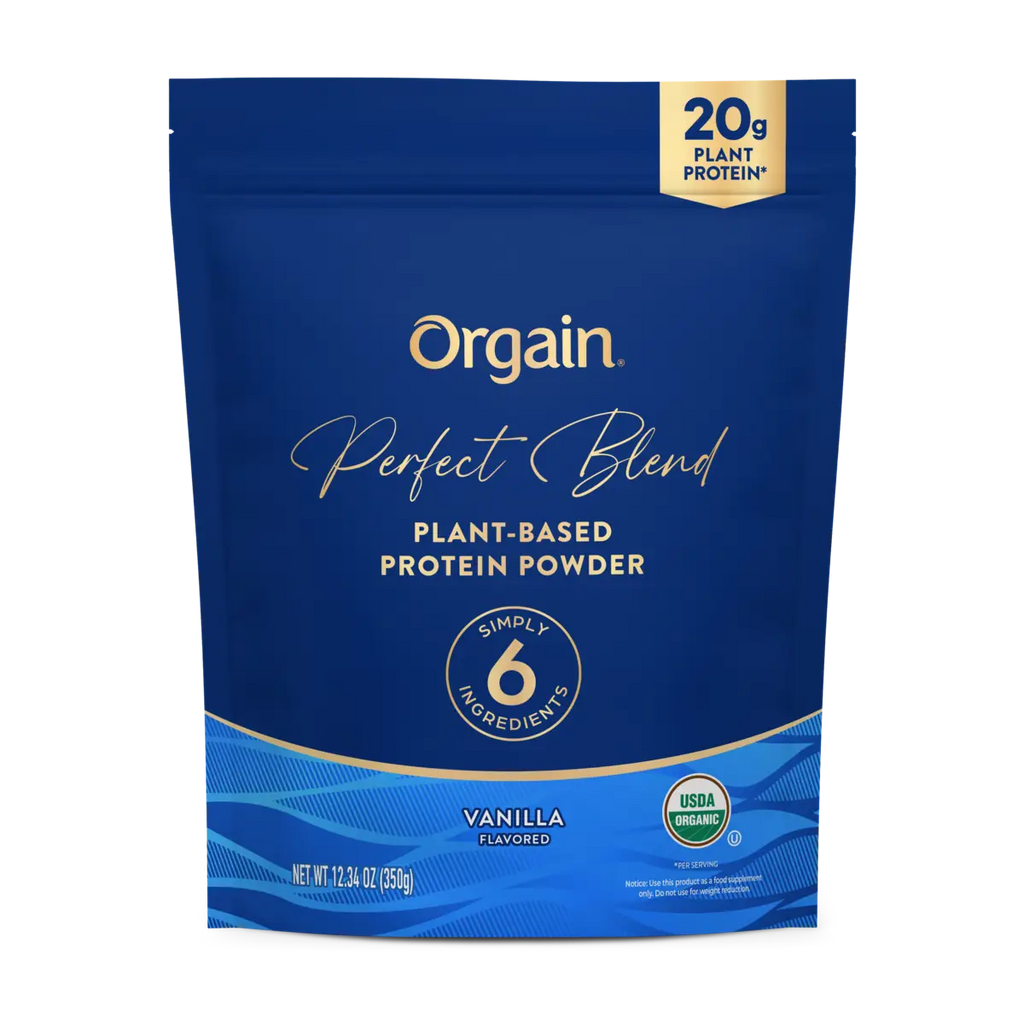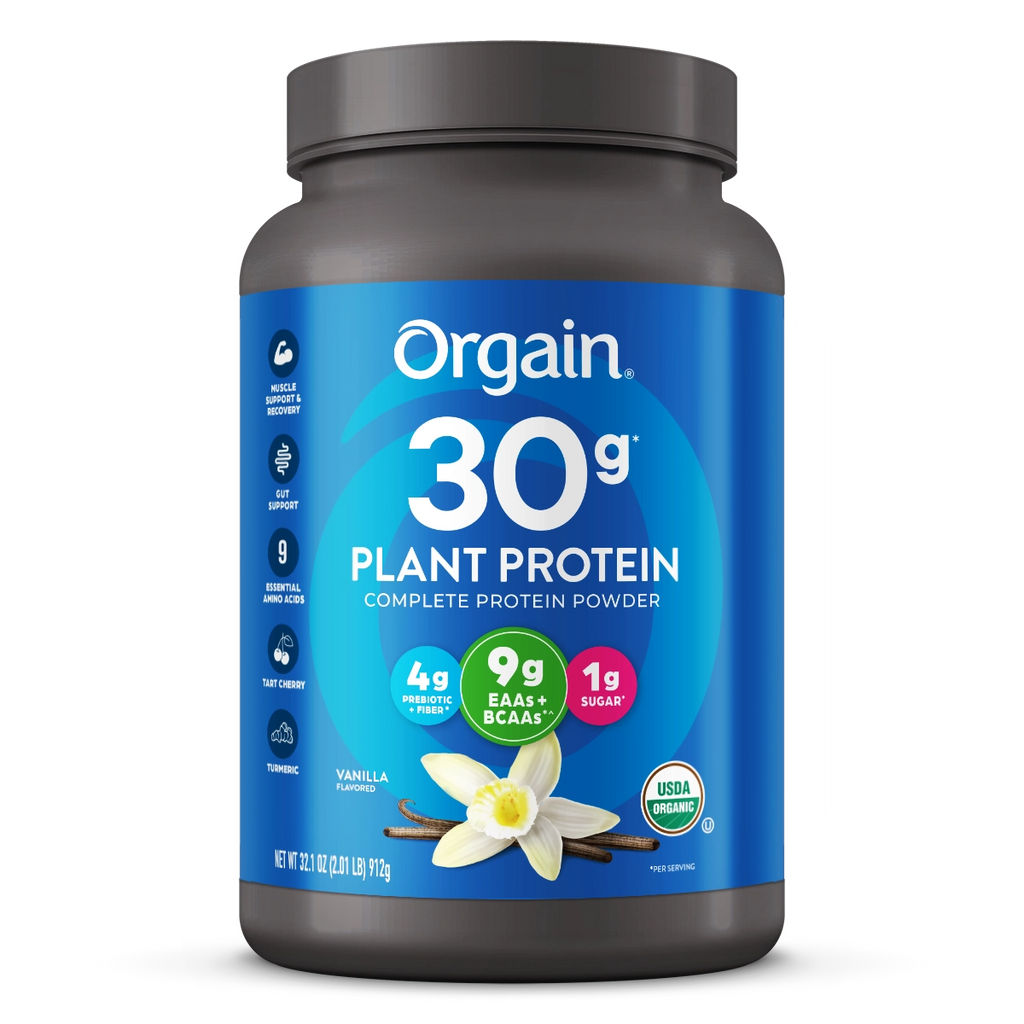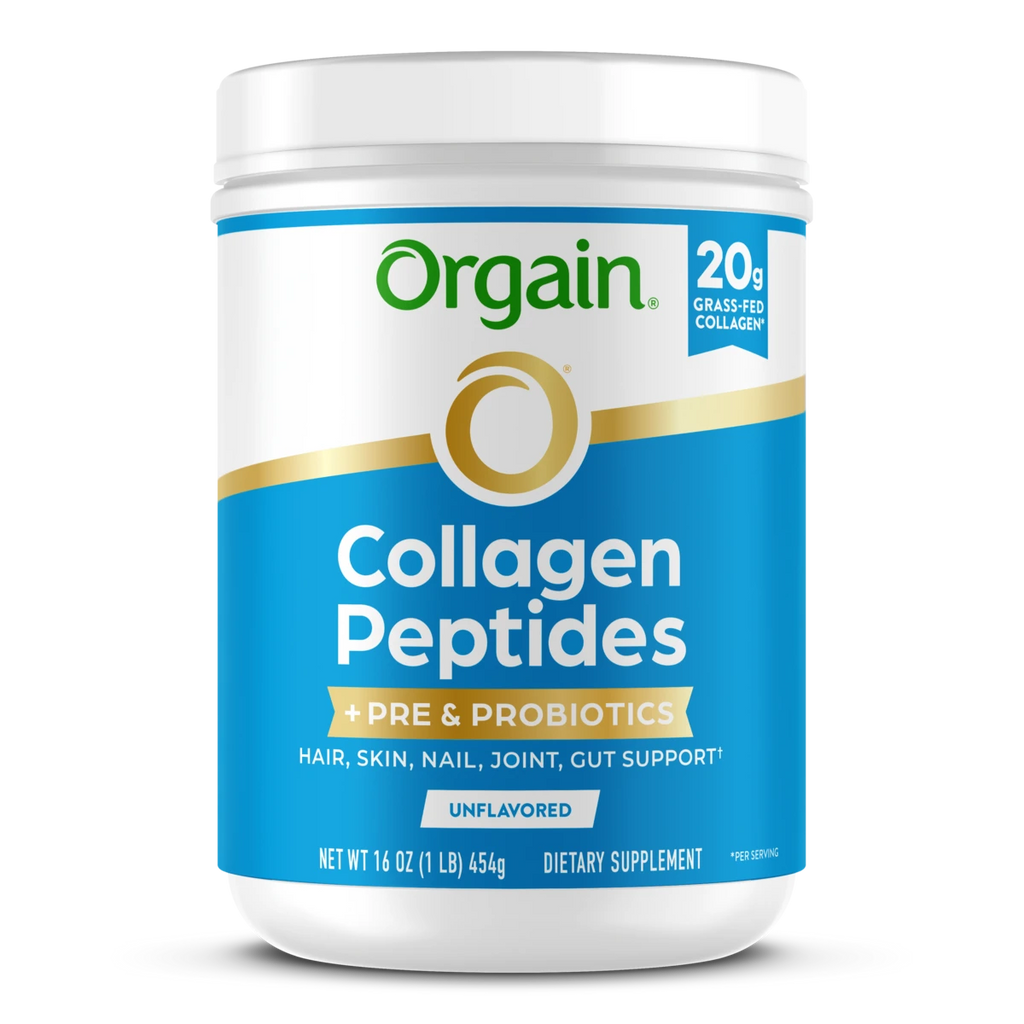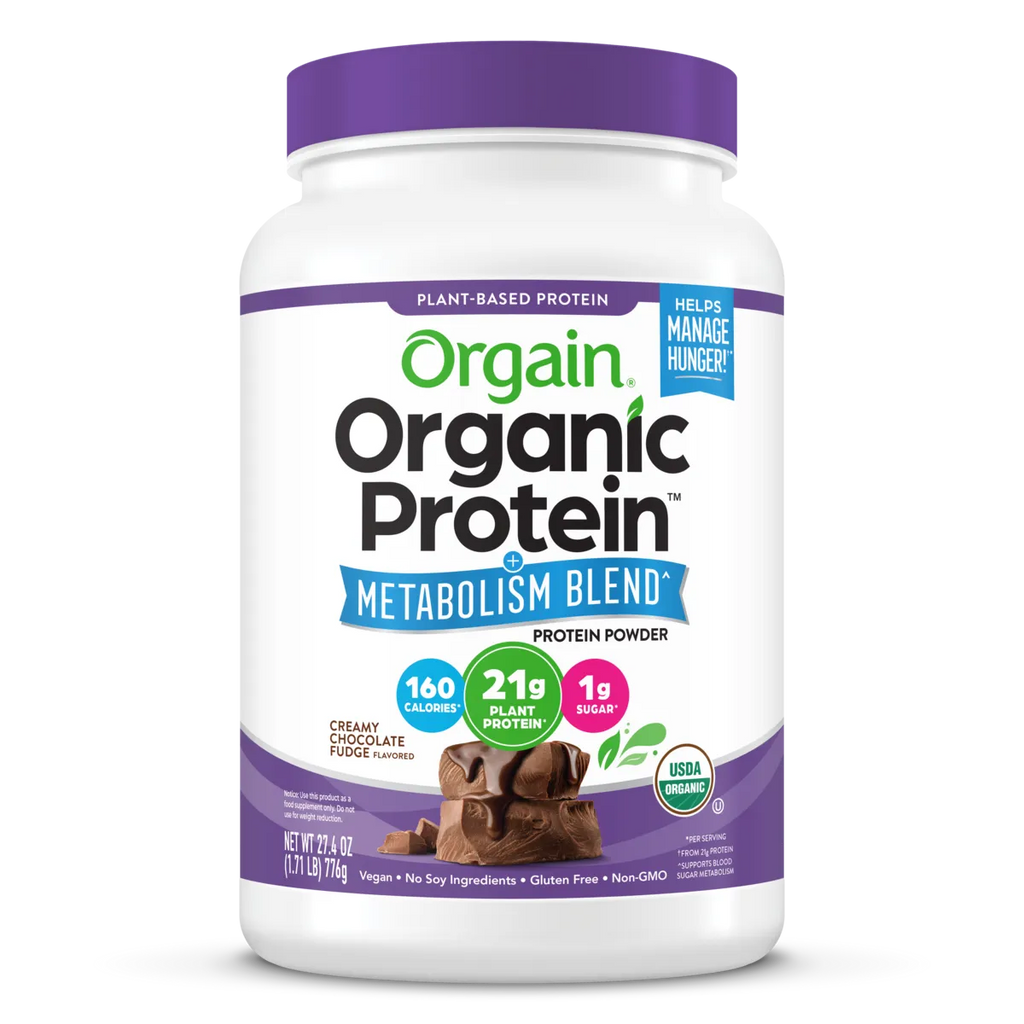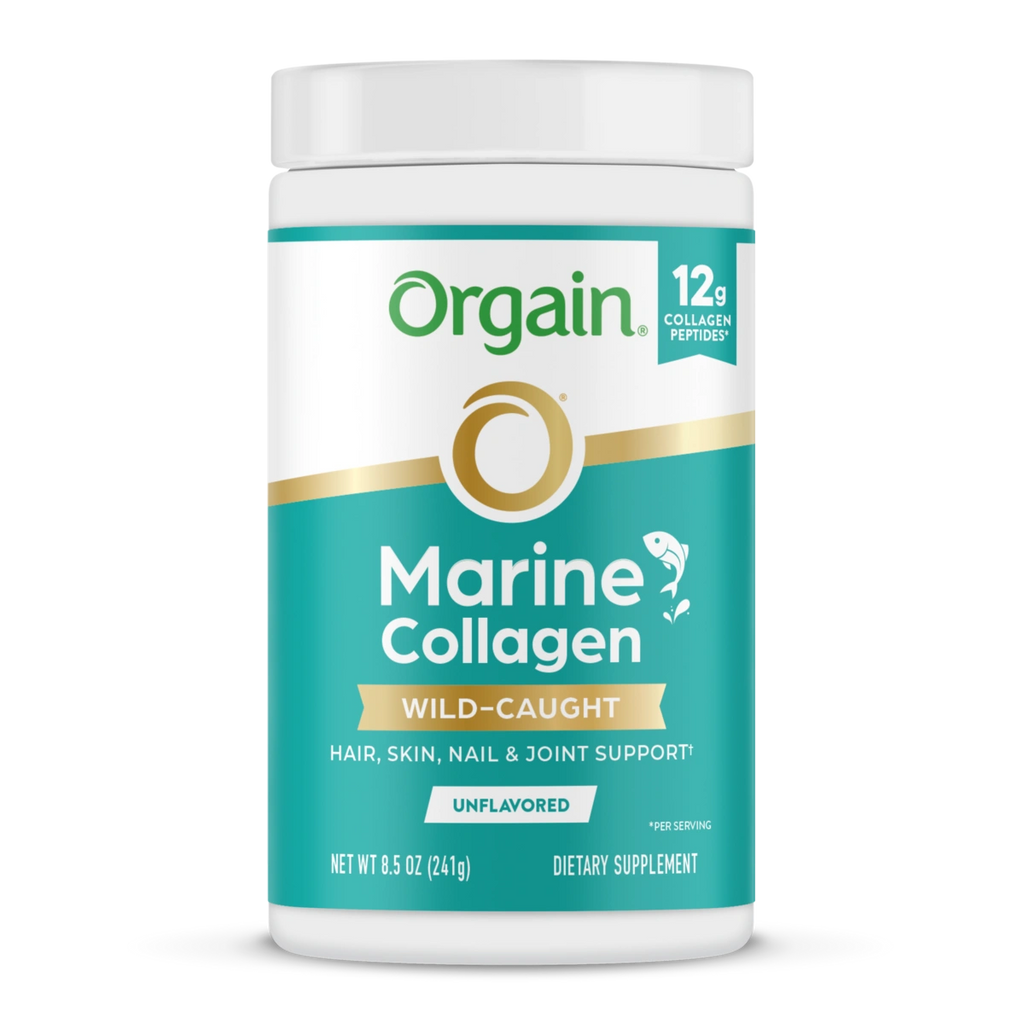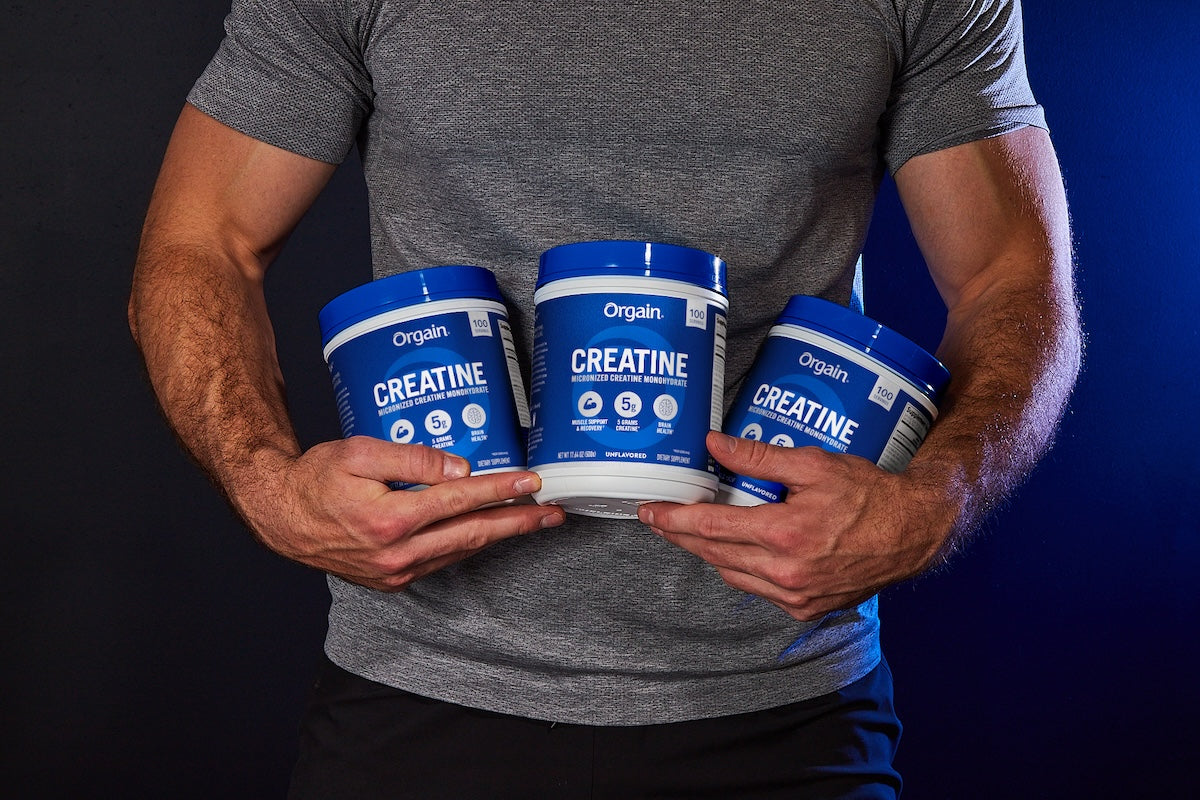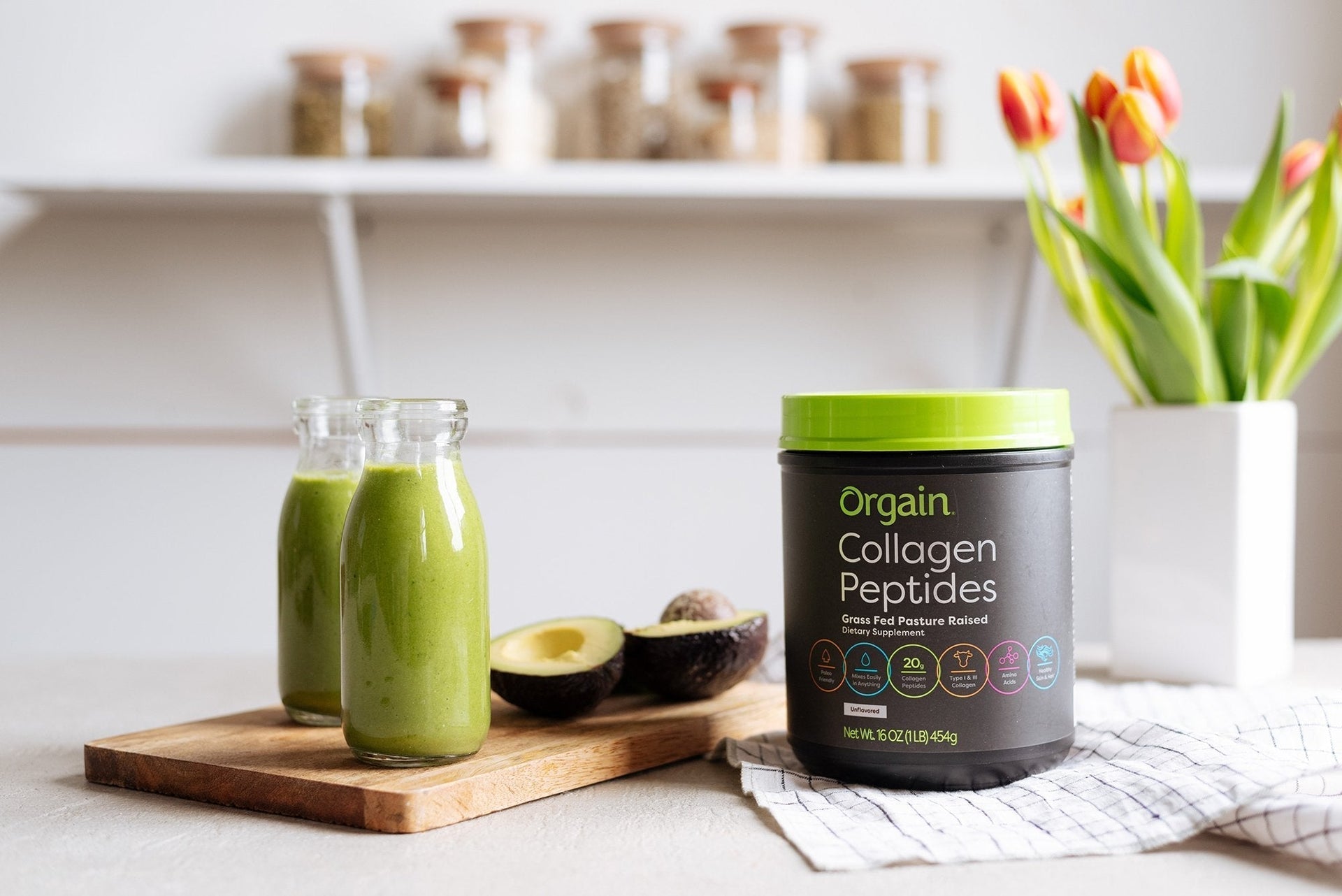If you’re working on cleaning up your diet to optimize your health or performance, it’s important to know how much protein your body actually needs. There’s a lot of misinformation on the internet that can make figuring out your protein needs confusing.
We’ve put together a guide to protein consumption that will explain what protein actually does in the body, how much protein is too much, and where you can find quality protein.
What Does Protein Do in the Body, Anyway?
When most people think of protein, they think about this important nutrient’s influence on the growth and repair of muscles, which makes sense because most protein powders and supplements are geared toward athletes and regular gym goers.
However, protein is actually integral in many of the body’s processes and does a number of different jobs, including:
- Providing an accessible energy source when your body runs out of fuel. Although the body prefers to run on carbohydrates or even fats, protein will keep you going if your body is running low on calories or you’re a hardcore athlete.
- Building and repairing muscle. Protein helps keep your muscles strong and prevents you from losing muscle while you lose weight. People who are looking to gain muscle will need protein in order to ensure that the body receives enough to help the muscles grow.
- Keeping the bones strong. Protein helps the body preserve bone density and avoid fractures as you age, and it can help prevent osteoporosis.
- Supporting your immune system. Proteins are the building blocks of the body, but amino acids are the building blocks of proteins. Amino acids are responsible for turning different cells in the immune system, such as T cells, B cells, and antibodies, into cells that can detect germs and viruses and kill them before they infect the body.
- Stopping cravings. Have you ever felt like you’re hungry even though you know you’ve already eaten plenty that day? You might not have gotten enough protein. Protein helps eliminate cravings, which come from the brain, by sending messages that your body has received enough nutrients.
- Boosting your metabolism. Protein is essential in order to keep your metabolism going. Because your metabolism determines the rate at which you burn calories, eating more protein means you’ll burn more calories throughout the day, even when at rest.
- Keeping your heart healthy. Plant protein sources have been found to help lower your blood pressure levels, and they can also help decrease the levels of LDL, or “bad” cholesterol in the body. This in turn improves heart health and helps minimize the risk of heart disease.
- Supporting your body’s ability to heal injuries. Making sure you get enough protein is crucial in ensuring that you overcome injuries quickly. Protein is responsible for lowering levels of inflammation at the injury site and helping to create new tissue in the area.
- Distributing nutrients throughout the body. Protein is used by the body to carry lots of important nutrients throughout the body, including vitamins, minerals, cholesterol, sugar, and oxygen. Protein can also help store certain nutrients, including iron, providing a reserve in case your body needs it.
Average Recommended Protein Intake
Everyone needs protein in order to carry out their body’s daily functions, but how do you know the right amount of protein to consume?
The reality is that the amount of protein that is needed varies depending on your age, gender, and activity level. The U.S. Department of Agriculture (USDA) and U.S. Department of Health and Human Services put together the Dietary Guidelines for Americans every five years and include dietary recommendations for different age groups.
Currently, the guidelines are as follows:
|
Age Group |
Recommended Intake |
|
Children under 4 |
13 grams of protein per day |
|
Children aged 4 to 8 |
19 grams of protein per day |
|
Children aged 9 to 13 |
34 grams |
|
Women and girls aged 14 and over |
46 grams |
|
Boys aged 14 to 18 |
52 grams |
|
Men aged 19 and over |
56 grams |
Overall, the recommendation is that the average, sedentary person consumes anywhere from 10 to 35 percent of their daily calories as protein, or about 0.36 grams of protein per pound. This amount is considered sufficient to prevent a protein deficiency and meet your body’s basic needs.
However, people who exercise more regularly or are looking to lose weight or build muscle may need to increase their protein intake. Endurance athletes or people with physically demanding jobs need to take in about 0.5 to 0.65 grams of protein per pound in order to help their muscles build and repair, while older adults also have higher protein intake needs in order to preserve bone mass. It is recommended that older adults consume about 0.45 to 0.6 grams of protein per pound of body weight.
How Much Protein is Too Much Protein?
While eating more protein is usually better than less, it is possible to consume too much protein. There are a number of health risks associated with eating too much protein, including:
- Long term weight gain
- Bad breath
- Diarrhea
- Kidney damage in people with existing kidney disease
- Heart disease
- Constipation
- Dehydration
- Increased risk of colorectal, breast, and prostate cancer when protein is from animal sources
- Calcium loss
It should be noted that the studies that show evidence of the health risks listed above generally were small and involved consuming a very high amount of protein while eliminating carbohydrates.
People who consume an average diet and add in more protein are not likely to experience harmful health effects.
However, in order to avoid experiencing any of the health risks associated with consuming too much protein, endurance athletes and others who have increased their protein intake should aim for no more than 2 grams of protein per kilogram of body weight or 0.9 grams per pound.
Where Can I Get My Protein From?
Protein can be found in many different sources of foods and supplements, but some sources are certainly better than others. The body was designed to absorb and use protein received from whole food sources, but supplements and protein shakes or powders are also an easy way to add protein to your daily regimen.
Meats and Dairy
Meats and dairy have the highest amount of protein of all whole foods, so if you’re looking to consume a lot of protein from food sources, they are your best bet.
Grass-fed lean meats, wild fish, pasture-raised poultry, and grass-fed and organic dairy products are your best and healthiest options for animal-based sources of protein.
Making sure to consume high quality animal protein is one way to avoid some of the negative health effects previously described.
Vegan Protein Sources
If you don’t consume animal products as part of your diet, there are also vegan options for quality protein.
Legumes, nuts, and whole grains can offer plenty of protein, but you will need to consume them in larger quantities to get the amount of protein you need to function. As a result, some people who follow a vegan or vegetarian diet may need to supplement their diets in order to receive enough protein.
Vegan protein powders offer a plant-based protein source made without soy, dairy, or lactose ingredients that is also gluten free, kosher, organic, non-GMO, and has no sugar added.
Protein Powder, Shakes, and Supplements
Whether you’re looking to increase your protein intake as a result of your fitness goals or simply to stay healthy, protein powders, shakes, and supplements are an easy way to add protein to your diet.
Protein powders offer a versatile option that can be added to lots of different recipes to incorporate protein into foods and beverages you’re already eating, while ready-made protein shakes offer the perfect option on the go. If you prefer to consume your protein in the form of food rather than a liquid, you can also try protein bars for a quick meal when you need one or even a protein pancake mix for a delicious breakfast option.
The Bottom Line
When it comes to your protein intake, most people don’t have to worry about eating too much protein. Unless you’re drinking multiple protein shakes each day while also packing each meal with protein-based foods, you’re unlikely to consume too much protein.
Don’t stress if you do consume a little too much protein from time to time, as it isn’t likely to be detrimental, although it can be a problem over the long term. The most important thing is to focus on consuming healthy sources of protein and focusing on the overall quality of your diet.
Sources:
https://www.webmd.com/diet/ss/slideshow-what-protein-does-for-your-body
https://health.gov/sites/default/files/2019-09/2015-2020_Dietary_Guidelines.pdf
https://pubmed.ncbi.nlm.nih.gov/16886097/
